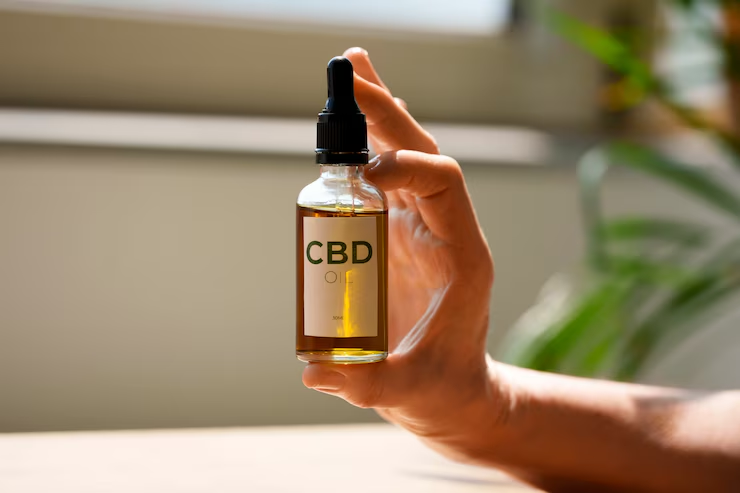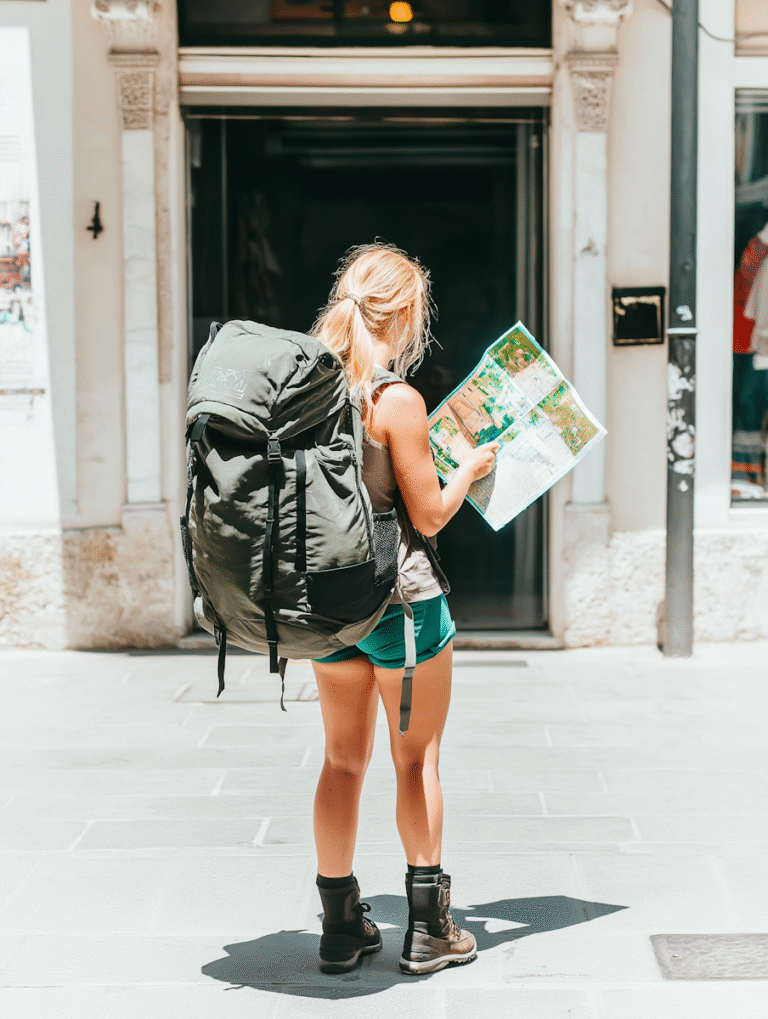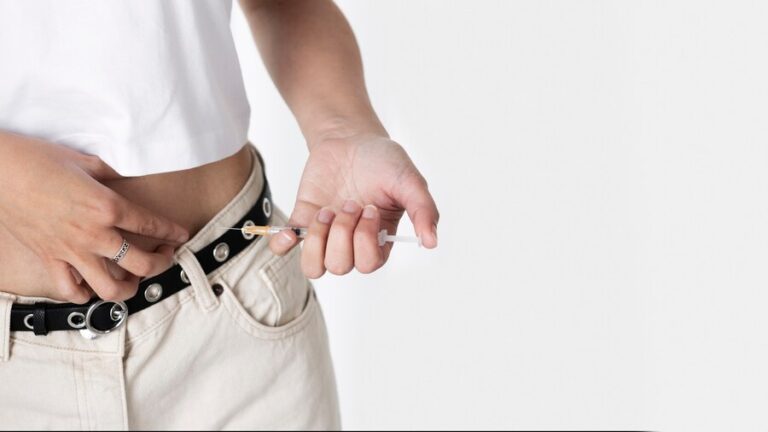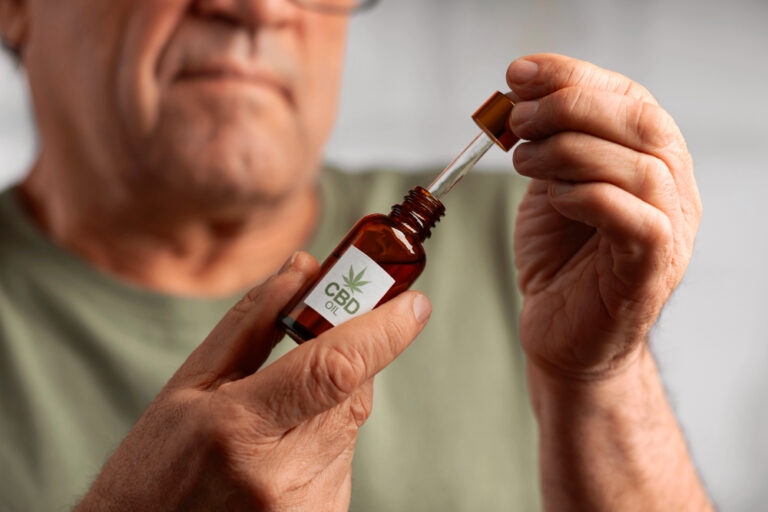Researching CBD Laws Before You Travel
Table of Contents
Know the Rules, Travel Smarter with CBD

As cbd roll on for pain becomes a go-to remedy for anxiety, pain, sleep, and general wellness, more travelers are packing their favorite tinctures, gummies, and creams in their luggage. But here’s the catch: CBD is not universally legal—and laws vary widely depending on where you’re headed.
Before heading to the airport or crossing borders, it’s essential to understand CBD Laws Before You Travel. Failing to do so could result in confiscated products, hefty fines, or even legal trouble. This guide will walk you through how to research CBD regulations, what to consider before traveling, and how to stay compliant during your trip.
Why You Need to Know CBD Laws Before You Travel
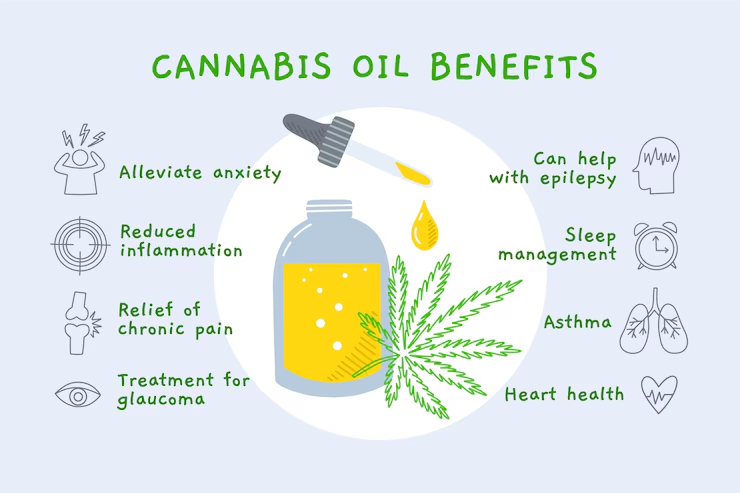
CBD laws are not as straightforward as many assume. While it’s federally legal in the U.S. (under specific conditions), state-by-state differences and international laws can make traveling with CBD tricky.
What’s at Stake:
- Confiscation of products at customs or security
- Legal penalties in countries where CBD is restricted
- Travel delays and added stress
Understanding CBD Laws Before You Travel ensures you can enjoy the benefits of CBD without risking your trip or your safety.
Key Things to Research Before You Travel With CBD
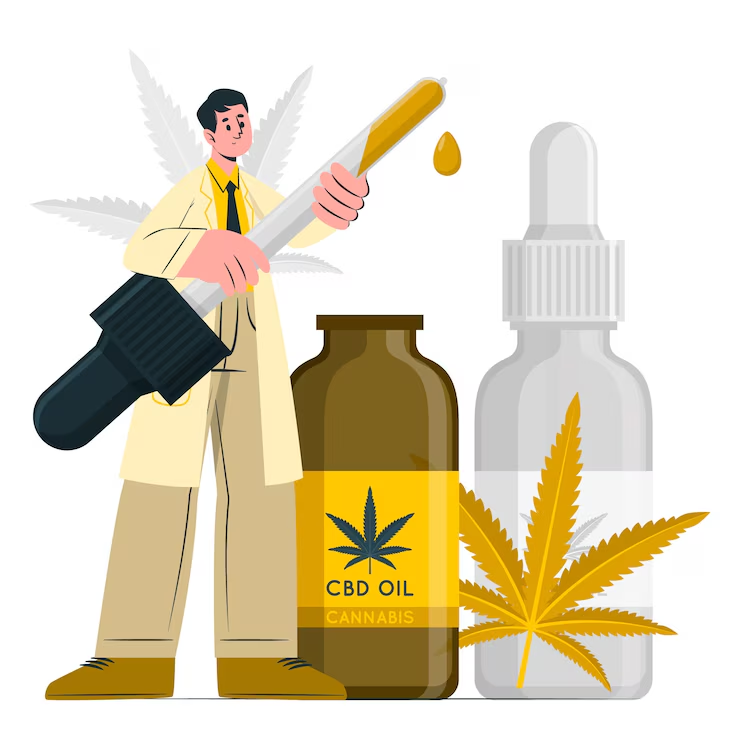
1. Origin and THC Content
Only hemp-derived CBD with less than 0.3% THC is federally legal in the U.S. If your product exceeds that threshold—even slightly—it could be classified as a controlled substance.
2. State Laws (Domestic Travel)
Some U.S. states have restrictions even on hemp-derived CBD. For example, Idaho and Nebraska have historically imposed stricter laws. Always check the destination state’s Department of Agriculture or health website.
3. International Laws
CBD is legal in countries like Canada, the UK, and much of the EU—but banned or tightly restricted in others like the UAE, Singapore, and Japan. Never assume CBD is allowed just because it’s available at home.
4. Transport Regulations
Even if your destination allows CBD, transportation authorities like TSA (U.S.) or international customs agencies may have different rules for carrying CBD on flights.
5. Packaging and Documentation
Traveling with CBD? Always keep it in original packaging and consider carrying lab reports or a Certificate of Analysis. These can show THC levels and help you avoid misunderstandings.
How to Research CBD Laws Before You Travel
✅ Use Government Websites
Official government websites (customs, health, and border control agencies) provide the most accurate information on CBD legality.
✅ Check Airline Policies
Some airlines ban CBD products regardless of destination. Always review your airline’s guidelines before flying.
✅ Use Legal Databases or CBD Law Trackers
Sites like Norml.org, Leafly, and local legal firms publish updated summaries of cannabis laws by region.
✅ Contact Embassies or Consulates
For international travel, reaching out to the embassy of your destination country can clarify CBD legality and import restrictions.
Best Practices for Traveling with CBD
- Stick to CBD isolate or broad-spectrum with zero THC if traveling internationally
- Use gummies, capsules, or creams for easy, discreet transport
- Store in a carry-on bag, especially if you’ll need it during transit
- Avoid traveling with CBD vapes, which are often prohibited
FAQs About CBD Laws Before You Travel
Q: Is CBD legal in all U.S. states?
A: Not necessarily. While federally legal, some states have stricter laws. Always check your destination state’s regulations before bringing CBD.
Q: Can I bring CBD on an international flight?
A: It depends on the destination. Some countries allow CBD with strict labeling, others ban it entirely. Always research thoroughly before flying.
Q: What type of CBD is safest for travel?
A: CBD isolate or broad-spectrum products (with 0% THC) are generally safest and less likely to cause legal trouble.
Q: Will I get arrested for traveling with CBD?
A: If you’re in violation of local laws or carrying a product with more than 0.3% THC, you could face fines or legal issues—especially internationally.
Q: How do I prove my CBD is legal?
A: Carry original packaging and a Certificate of Analysis (COA) from a reputable lab showing THC levels below legal limits.
Final Thoughts
CBD may be a wellness game-changer, but it still comes with legal gray areas—especially when you cross state or international lines. Doing your homework on CBD Laws Before You Travel is the best way to stay safe, compliant, and stress-free.
Whether you’re flying for business, vacation, or personal reasons, a little research will save you a lot of potential trouble. Travel smart, carry documentation, and always double-check the laws of your destination.

